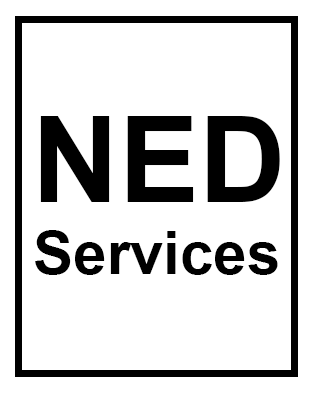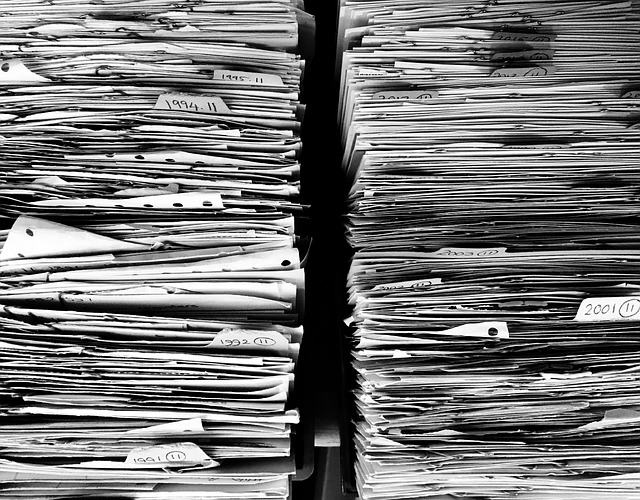Introduction
The above-named Article describes “an overview” of the purpose to which the “substantive contents” will be continually “populated” and “grown”, on a regular basis making its functionality extremely powerful.
The “substantive contents” will be continually “populated” and “grown”, on a regular basis as events transpire.”
By its nature it is “dynamic”, and it is recommended that a request be made for its update, where the last dated updated is greater than the last thirty working days.
Keeping Records - Requirements
- If a business maintains their accounting paper records on computer by transferring the information into an electronic form via data input, they may discard the paper format, providing the method of recording and storage used is capable of:
- capturing all the information needed to make a correct and complete return, and
- reproducing that information in a legible form.
- If the method of data input cannot do these things, then the business must also retain the original documentation.
- The Compliance Handbook (link below), offers the current guidelines for recording keeping.
How To Keep Your Records
- There are no rules on how a business must keep records, but it is generally advised to retain records in an organised manner, which is accessible in the event of a HMRC inspection.
- They may be retained on paper, digitally or as part of a software program (book-keeping software).
Useful Links
[ Published: 2019-09-27 14:41:10 Updated: 2023-07-04 15:34:48 ]
Introduction
- The Approach to this and all Articles is consistent with our Standard System and Procedure.
- The above-named Article describes “an overview” of the purpose to which the “substantive contents” will be continually “populated” and “grown”, on a regular basis making its functionality extremely powerful.
- The “substantive contents” will be continually “populated” and “grown”, on a regular basis as events transpire.”
- By its nature it is “dynamic”, and it is recommended that a request be made for its update, where the last dated updated is greater than the last thirty working days.
Keeping Records – Requirements
- If a business maintains their accounting paper records on computer by transferring the information into an electronic form via data input, they may discard the paper format, providing the method of recording and storage used is capable of:
- capturing all the information needed to make a correct and complete return, and
- reproducing that information in a legible form.
- If the method of data input cannot do these things, then the business must also retain the original documentation.
- The Compliance Handbook (link below), offers the current guidelines for record keeping.
How To Keep Your Records
- There are no rules on how a business must keep records, but it is generally advised to retain records in an organised manner, which is accessible in the event of a HMRC inspection.
- They may be retained on paper, digitally or as part of a software program (book-keeping software).
- Records must be retained by the business for the legal period outlined by HMRC.
- HMRC can charge a penalty if records are not accurate, complete and readable.


